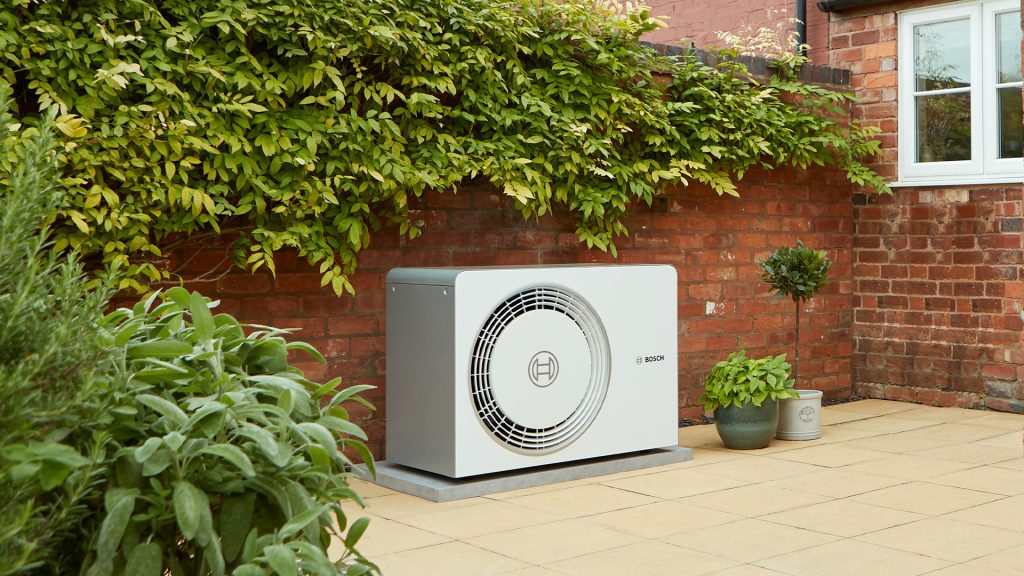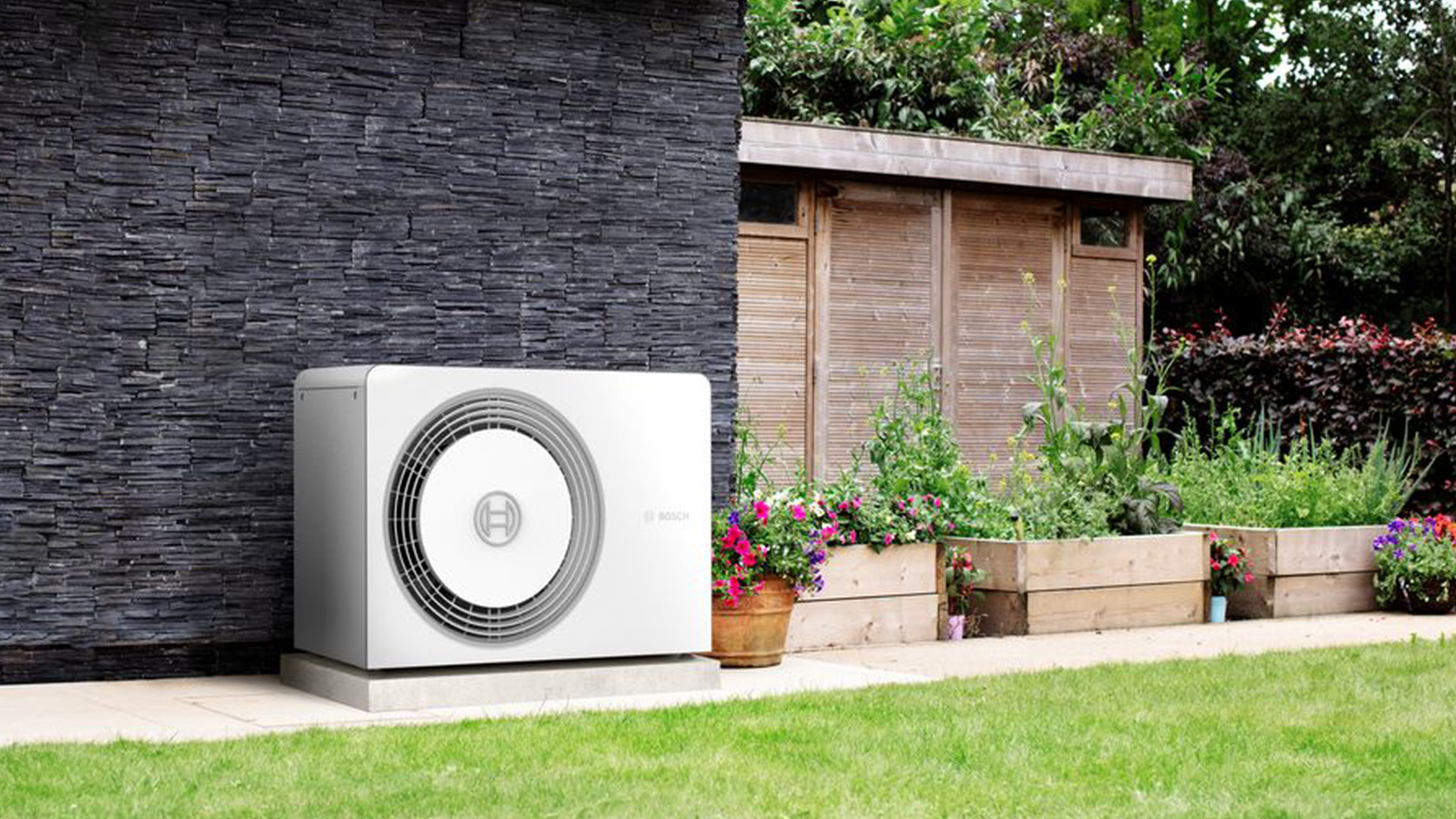Introduction to Heat Pumps and How They Work
Do heat pumps work in old or large homes? This is a common question for homeowners considering an energy-efficient alternative to traditional heating systems. Heat pumps use electricity to extract heat from the air or ground, providing a sustainable solution for reducing carbon emissions. However, concerns persist about their effectiveness in older or larger properties.
The Feasibility of Heat Pumps in Old or Large Homes
Many homeowners wonder: do heat pumps work efficiently in properties with poor insulation? While older homes can lose more heat, modern heat pump technology and proper installation make them a viable heating option. Upgrading insulation, sealing draughts, and using appropriately sized radiators or underfloor heating can significantly enhance performance.
Installation Costs and Government Grants
The upfront cost of installing a heat pump can range between £8,000 and £15,000, depending on the size and condition of the property. The UK government offers grants such as the £7,500 Boiler Upgrade Scheme to make installations more affordable. Despite the initial investment, heat pumps can lead to long-term savings on energy bills.
Here is an example for better understanding, if we send a full quotation for £12,000, you will only be paying £4,500 if you are eligible for the Boiler Upgrade Scheme government grant. As long as you have a valid EPC Certificate and are replacing gas, oil or coal, you will be eligible for the £7,500 grant.
If you still have questions, feel free to call our team on 01843 838636 or send an email to enquiries@transcrew.co.uk.
Understanding Heat Pump Efficiency
Do heat pumps work better than gas boilers? Yes, because they provide more heat energy than the electricity they consume. Their efficiency, measured by the Coefficient of Performance (COP), ranges between 3 and 5, meaning they produce three to five times the amount of energy used. A professional heat loss calculation ensures optimal performance in any home.
Heating Strategies for Older and Larger Homes
To maximize efficiency, heat distribution should be carefully planned. Strategies include:
- Installing larger radiators to compensate for lower water temperatures
- Using underfloor heating for even heat distribution
- Keeping the heating system at a consistent temperature to reduce energy spikes
Noise and Aesthetic Considerations
Do heat pumps work quietly? Modern heat pumps operate at a low hum and can be installed in discreet locations, such as the side of a house or a garden space. Some models even come with noise-reduction technology to ensure minimal disruption.
Heat Pumps vs. Traditional Heating Systems
Compared to gas or oil boilers, heat pumps:
- Have lower running costs in well-insulated homes
- Reduce carbon footprint by using renewable energy sources
- Provide consistent, comfortable heating throughout the home
Common Myths About Heat Pumps in Old Homes
Several misconceptions exist about heat pumps, including:
- “They only work in new builds.” In reality, they can be retrofitted in older homes with appropriate modifications.
- “They don’t work in cold weather.” Modern heat pumps can operate efficiently even in sub-zero temperatures.
- “They are too expensive to run.” With the right setup, they can be more cost-effective than gas heating over time.
Key Factors for a Successful Heat Pump Installation
A well-planned installation is crucial for efficiency. This includes:
- A professional heat loss assessment
- Correctly sized radiators and pipework
- Selecting the right heat pump model for the home’s needs
Real-World Case Studies and Performance Data
A study by Energy Systems Catapult (ESC) found that heat pumps were successfully installed in various property types, including pre-1919 homes. The study showed that property age and type had no significant impact on efficiency when installed correctly.

Home Modifications to Improve Heat Pump Performance
To enhance efficiency, homeowners should consider:
- Upgrading insulation (walls, loft, and floors)
- Installing double glazing to reduce heat loss
- Using smart heating controls for zoning and energy savings
Heat Pump Maintenance and Longevity
With proper maintenance, heat pumps can last 15-20 years. Key maintenance tasks include:
- Regularly cleaning filters
- Ensuring outdoor units remain free from debris
- Scheduling annual servicing by a certified technician
Future Trends in Heat Pump Technology
Do heat pumps work better with technological advancements? Absolutely. Hybrid systems, combining heat pumps with gas boilers, are emerging as a solution for homes transitioning to renewable energy. Increased government incentives are also driving wider adoption.
Government Role in Promoting Heat Pumps
Organizations like MCS Certified and HIES Consumer Code provide accreditation and consumer protection for heat pump installations. Calls for a government-led public information campaign aim to dispel myths and increase adoption rates.
Conclusion: Should You Get a Heat Pump for an Older or Large Home?
Do heat pumps work in older and larger homes? Yes, when installed correctly with the right modifications. Homeowners interested in switching to heat pumps should consult a certified installer for an assessment. If you’re ready to explore heat pump installation, request an estimate from Transcrew.


No responses yet